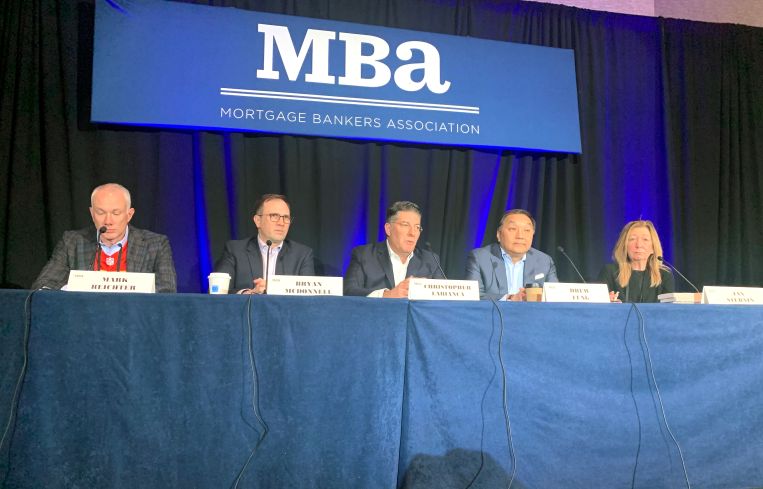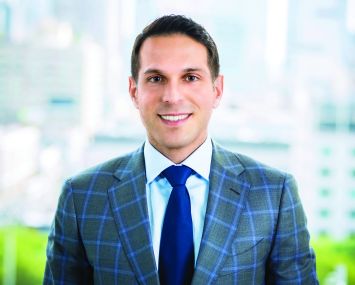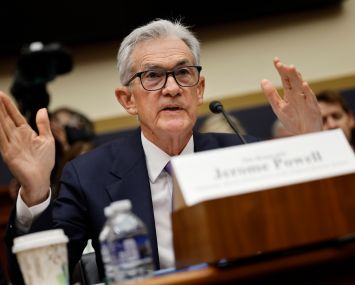MBA CREF 23: Debt Funds Hang Tight for Future Market Opportunities
By Andrew Coen February 14, 2023 7:06 pm
reprints
With many borrowers in a holding pattern during a rising interest rate environment, commercial real estate debt funds are in defensive mode early this year as fund managers plot future growth.
While deal activity has slowed given the uncertainty of interest rates, the expanding alternative lending space provides some unique opportunities for expansion once borrowing conditions are stabilized, debt fund experts said during Monday’s Mortgage Bankers Association Commercial/Multifamily Finance Convention and Expo, also known as MBA CREF 2023.
In the near term, the focus is on managing liabilities, according to Bryan McDonnell, head of U.S. debt & chair of global debt at PGIM Real Estate.
“The two business plans for a debt fund team this year are to raise money and play defense,” McDonnell said during the MBA CREF 2023 session “Debt Funds/Alternative Lending: How It’s Changed the Way We Do Business” at the Manchester Grand Hyatt San Diego. “We have to make sure future funding is always there, and there’s a big defense we have to play, and so those are the two things that I’m most focused on right now. One to manage the out years, and one to manage this year.”
McDonnell noted that the slowdown in market activity has prompted a shift in resources, with people who were previously on the front lines in deals now running asset management operations as a defensive strategy. There has also been a greater emphasis on capital raising to focus on likely increased transactional volume in 2024 and 2025,
The MBA CREF 23 debt funds session also featured Drew Fung, fund portfolio manager at Clarion Partners, Chris LaBianca, head of origination and business development for the CRE finance division of UBS Bank, and Mark Reichter, executive vice president at Q10 Capital. Jan Sternin, senior vice president and managing director at Berkadia, moderated the panel.
Fung said he sees “tremendous” opportunity for debt funds going forward, given the vehicles’ superior performance compared to equity investments of late.
“[Investors] want to outperform whether it is the absolute return or in terms of risk-adjusted return. I think this credit strategy offers sort of a very defensive type investment strategy with these compound returns,” Fung said. “And by defensive I mean if you compare it to equity acquisitions, it’s really hard to do direct acquisitions because you don’t really know where the cap rate is.”
As more transitional properties like office buildings seek financing in the near future, debt funds could be ideal for these transactions, according to LaBianca, because of their flexibility with providing bridge loans. He added that debt funds have strong institutional knowledge of how to underwrite based on risks associated with properties.
The debt funds session wrapped late afternoon just before a number of sponsored parties were held around the Manchester Grand Hyatt. One of the more popular gatherings was a cocktail reception hosted by Acore Capital on a yacht docked just outside the hotel.
Andrew Coen can be reached at acoen@commercialobserver.com.


